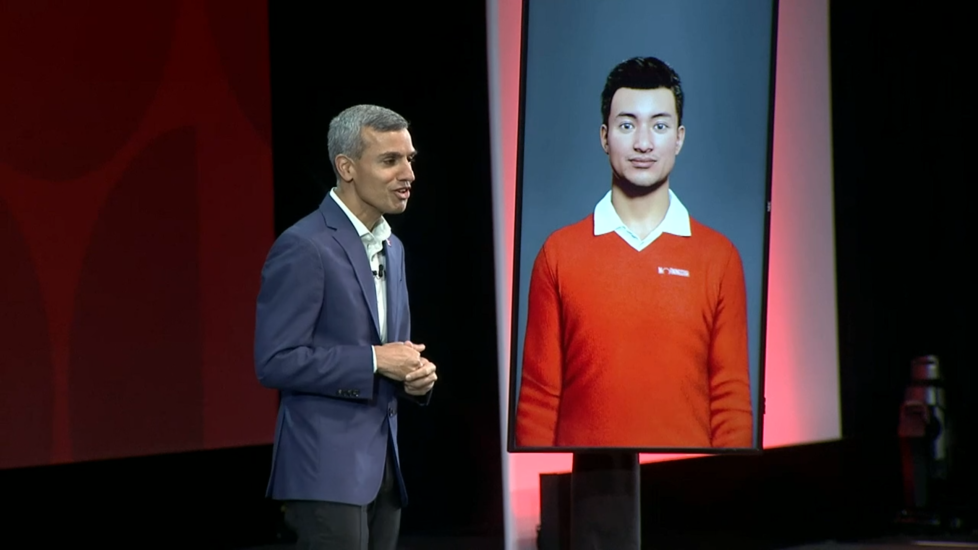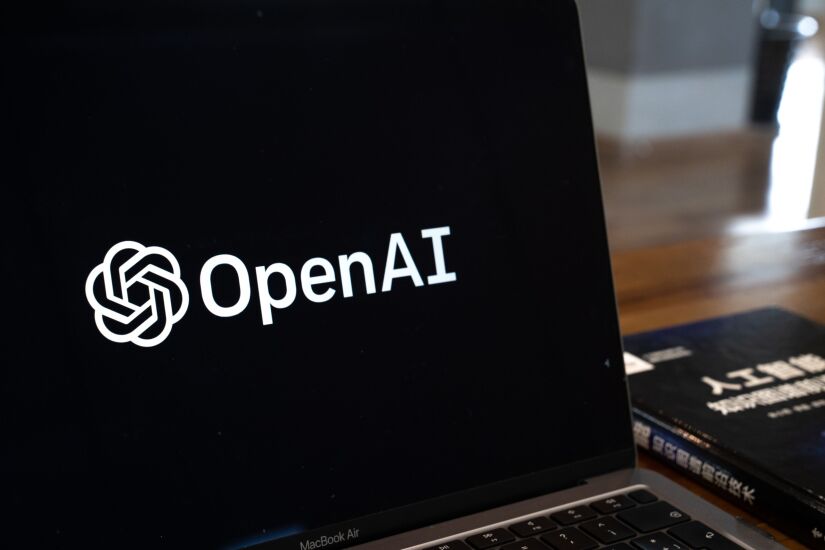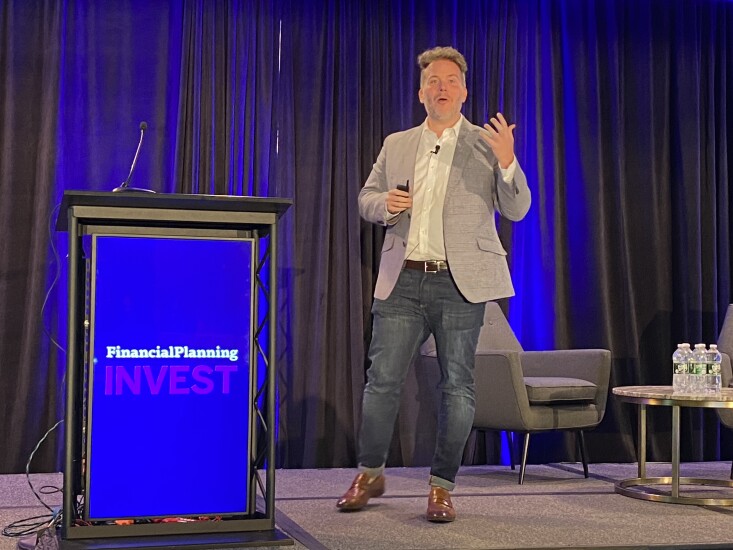Want unlimited access to top ideas and insights?
Leveraging OpenAI technology to communicate quickly and effectively with clients, utilizing an AI-powered assistant to enhance estate planning and maintaining the human touch to ensure AI-generated content is not cookie-cutter are among the ways wealth managers are incorporating AI into their daily lives.
Read our roundup for more on these and other stories that show how AI is changing the industry.










